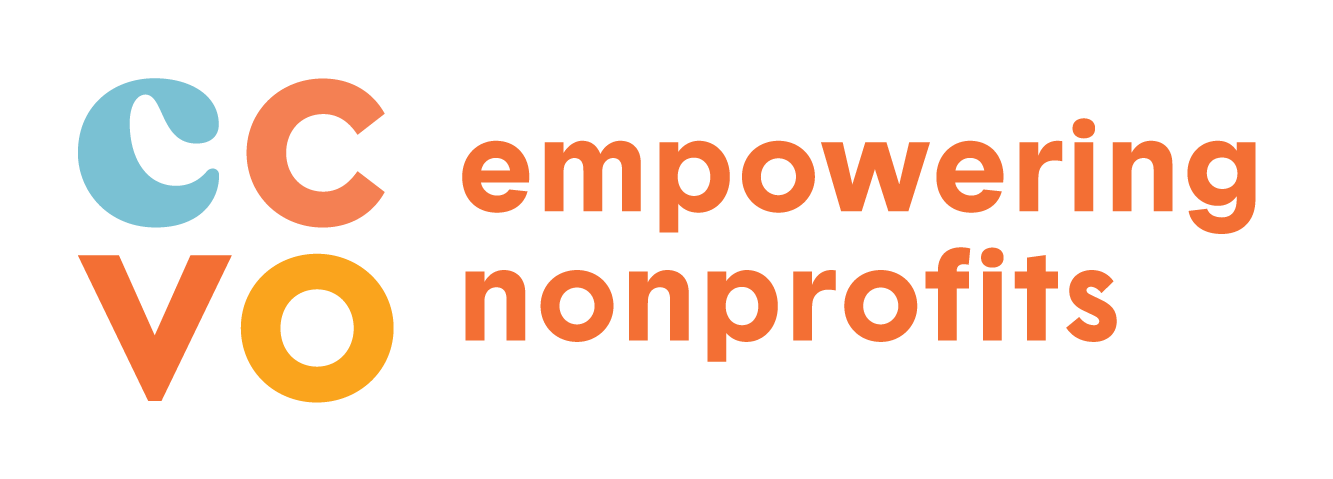An Introduction to Utilizing Key Performance Indicators in Your Organization
By CCVO Guest Blogger Robin Butler, Supervisor NPO Division, Baker Tilly Catalyst
Key Performance Indicators (KPIs) are a way to measure progress towards business or agency goals. Whether it be for profit, employee retention, or general costs, KPIs as a tool have been used for decades by many businesses. The issue for many Not-for-Profits (NPO) is that the majority of these indicators seem to be based on the idea that one is generating profits for the business. This is not always the case, and KPIs serve a valuable purpose in the NPO world as well.
Overall, KPIs are just ratios. These ratios are determined based on numerical factors that can be found or sought within the organization. They can be customized to suit the needs of any entity so long as consideration has gone into what is being measured as a 'key performance indicator'.
One of these measures within an NPO might be fundraising effectiveness. The Fundraising Effectiveness ratio takes total dollars raised divided by the cost of fundraising, which calculates many dollars were made for an NPO for every dollar spent.
Other KPIs for NPOs can include donation growth rates, staff turnover, donor or member retention, beneficiaries served, and many more. KPIs are another tool in the arsenal of any business to help determine success and growth. To get started using this tool, an NPO needs to consider what they believe to be a well-rounded list of items that they could track to determine success of the organization.
There should be one or two measures in the following categories:
Service - Whether this be to beneficiaries of charitable activities, or service to a member base, all NPOs include some aspect of service to their community. Examples of service-based KPIs could be: donor or member retention, donor or member satisfaction rates, program attendance, or number of beneficiaries served.
Marketing - Marketing KPIs measure the effectiveness of fundraising and marketing strategies. Any organization with a marketing or fundraising strategy should be measuring the effectiveness of that strategy over time. Examples of marketing-based KPIs could be: fundraising effectiveness, website page views, or social media response rates.
Staffing - Any and every business relies on its staff to keep it running. Measures to determine staff satisfaction, retention and growth are imperative to keeping a well-run organization. Examples of staffing-based KPIs could be: staff turnover rates, performance goals achieved year over year, or sick or flex days used.
Revenues and growth - These are usually the first indicators to come to mind for any organization. Measures of how many grants you are able to obtain, how much you are able to raise, or how quickly you are growing as an organization are obviously important. Examples of measurements of revenues and growth include: donor & donation growth, grant dollars received over total grant applications, or gifts secured.
There are, of course, many other categories that might be beneficial to a specific organization. However, the above four provide a decent starting point for a one-page KPI worksheet for any NPO to begin comparative measures over time. These could then be used to determine if the organization's growth is
affecting other areas negatively, or if a marketing strategy needs to be adjusted to better reach a target audience.
KPIs can also be graphed over time to allow a more visual representation of the changes in the organization and how well strategies implemented are working to manage growth within the organization, or changes in economic climate. Over time, additional measures might be added to the original worksheet, though I would encourage to keep the measures to one page to prevent overwhelming the decision-makers with statistics.
As a tool, KPIs are extremely valuable and customizable to any given organization. Once implemented, the ability they provide to quickly determine areas of strength and weakness within a business allows management and the Board to react to changes quickly and efficiently.
About Baker Tilly Catalyst
Baker Tilly Catalyst works extensively with Not-for-Profits and registered charities on all accounting-related matters including bookkeeping, financial and tax reporting, audit support and senior financial professional outsourcing (CFO support). They also host virtual roundtable sessions to assist charities with their operations.
With a team of dedicated specialists in this area, Baker Tilly Catalyst becomes a key member of the Not-for-Profit or registered charity’s team to align performance and organizational goals.
Feel free to contact Robin at 403-767-1546 or rhbutler@bakertilly.ca

